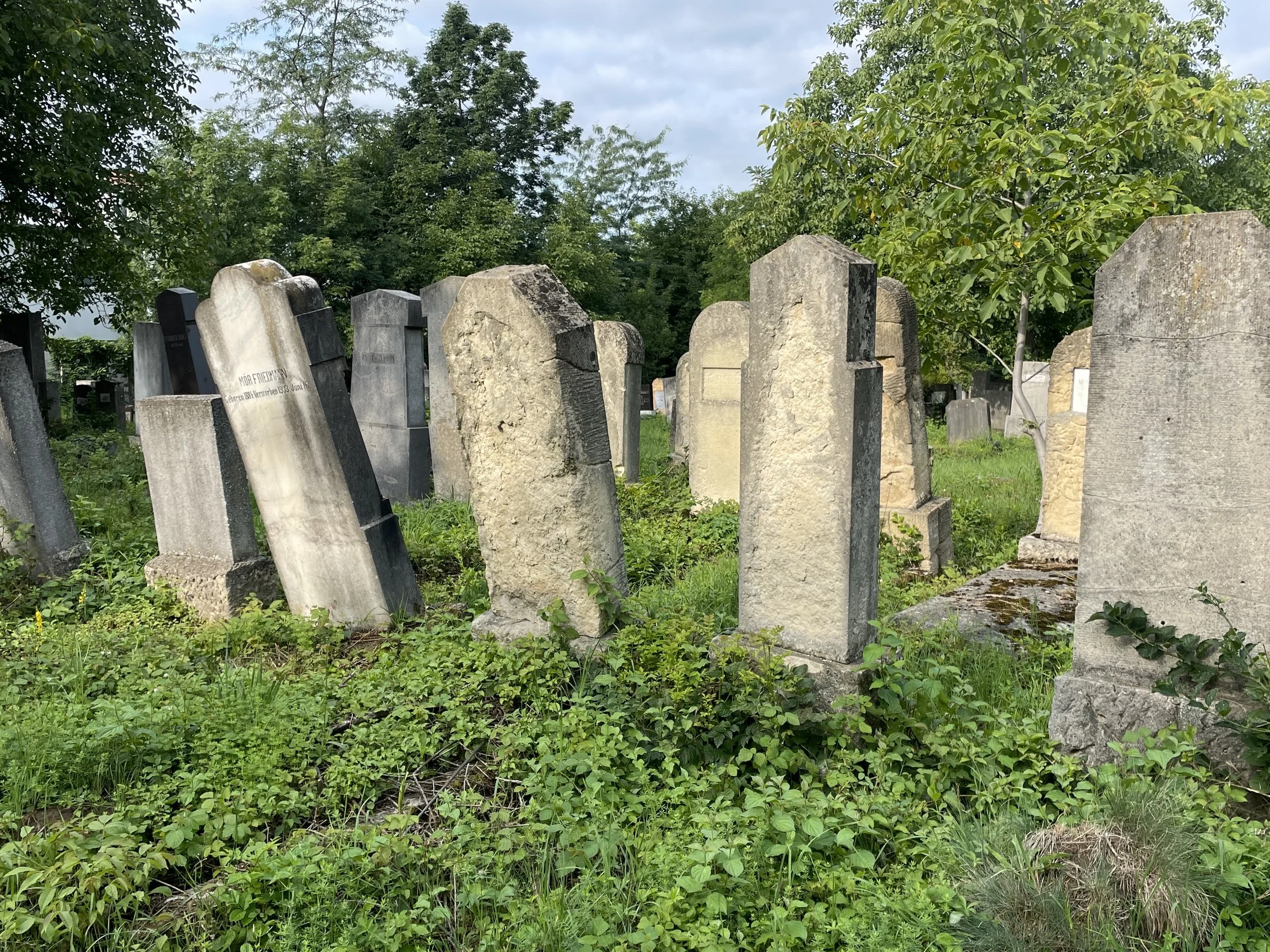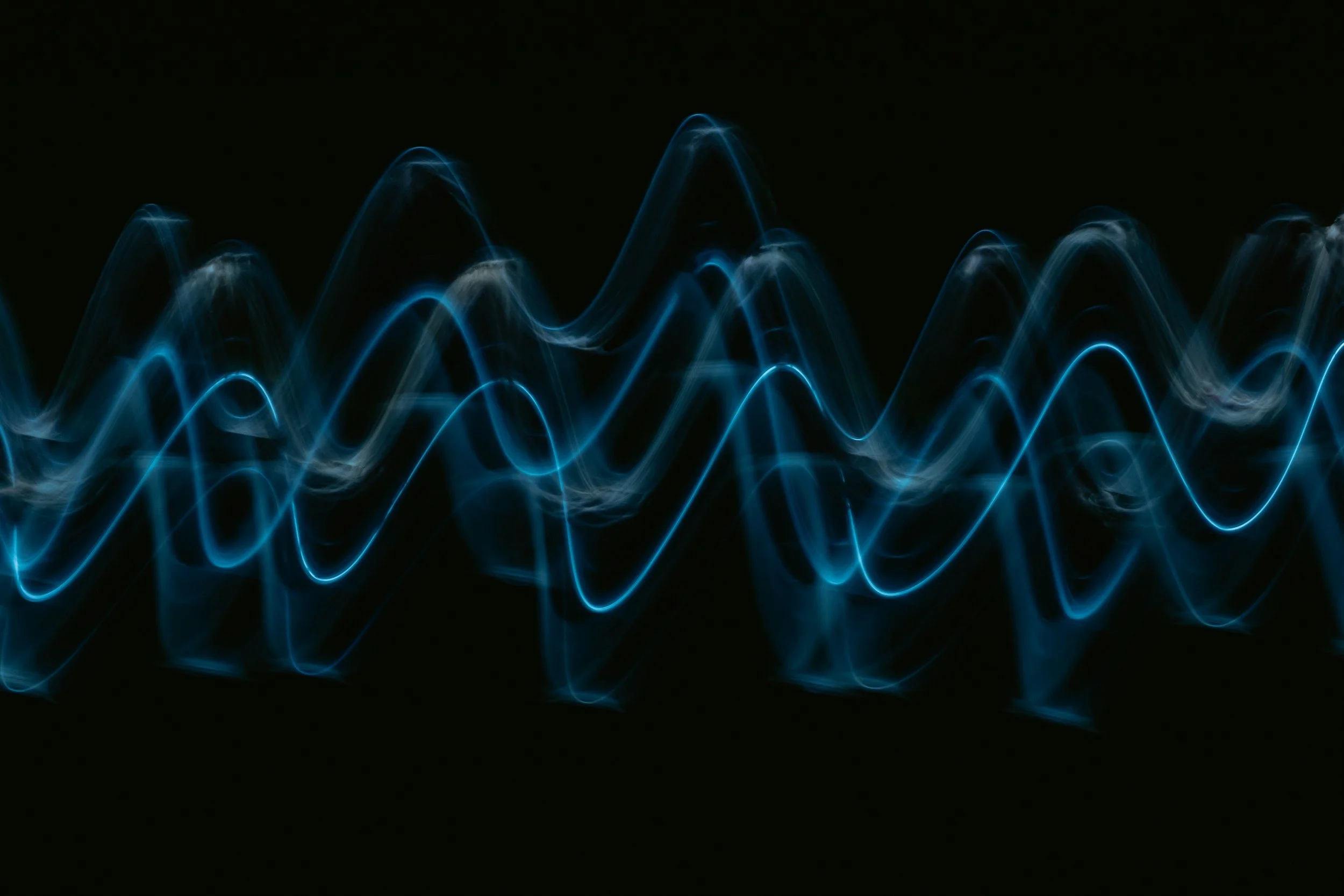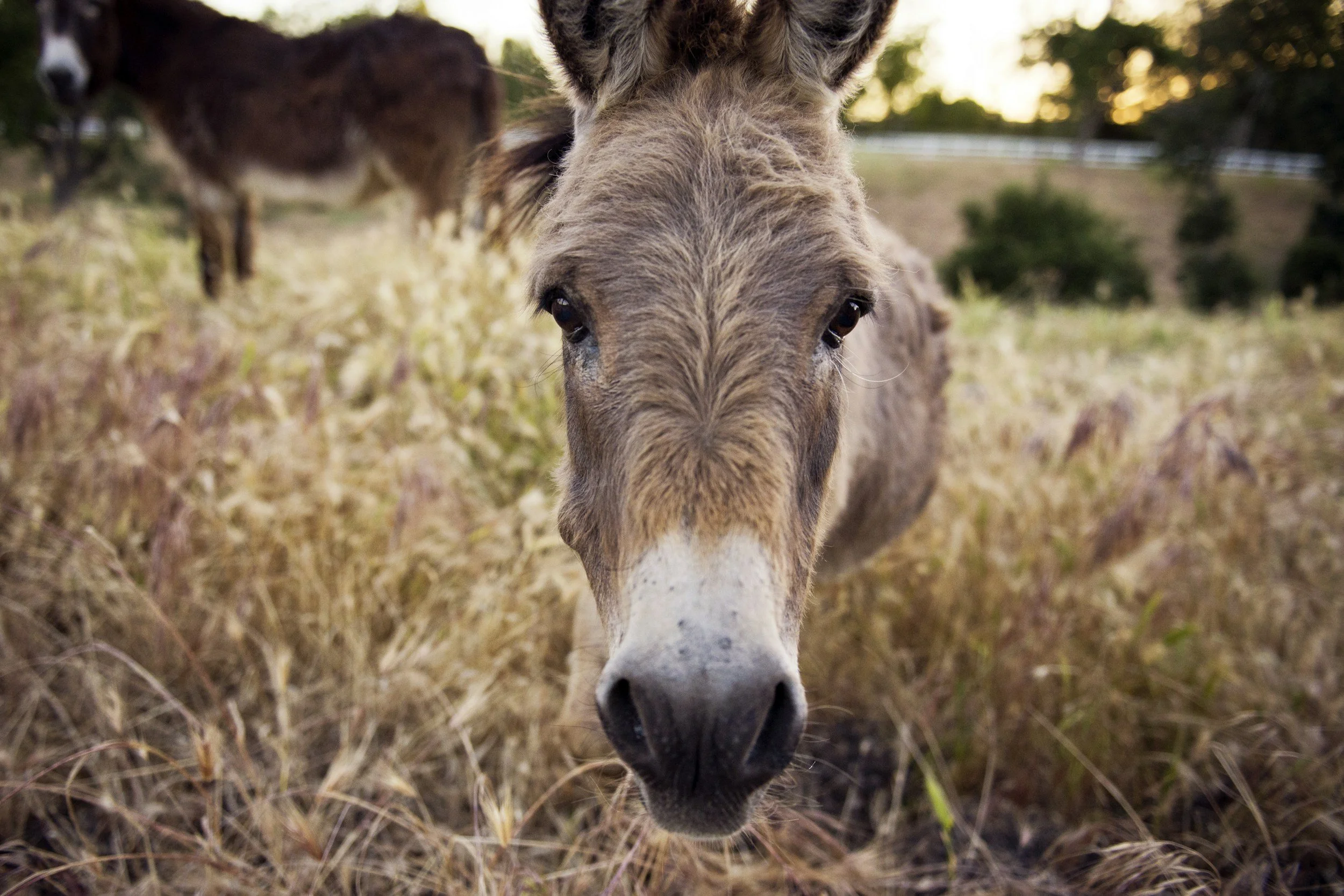Jewish Art in Paris, and Encountering Sufism
We visited the Musée d’art et d’histoire du Judaïsme, which is large, has multiple stories, and highlights episodes from throughout Jewish history in diaspora. One case held medieval Jewish wedding rings, which are shaped like tiny gold houses built on top of rings ornamented with fine jewels. The room regarding Ottoman Jews contains beautiful hats, clothing, and jewelry; across from a glass case holding earrings and arm cuffs is one full of silver rimmonim, the silver hats that adorn the tips at either end of a Torah scroll.
Material Culture and Me
I think it would not come as a surprise to those who know me, or have at least read a few of the columns that I have written here, that “art” is one of recurring concerns. However, my underlying concern is not specifically fine art. Rather it is to see in the world the signs of expression, of the expression of the life force in the objects around me, a voice unrestrained by the decorum of social interaction.
Looking for absence in Cluj-Napoca
So far there is very little haunting even to be found here, at least to my perception. The sensation of absence and a lost, sorrowful time is supplanted by anhedonia, a failure to feel the presence of anything Jewish absent or present.
Jewish Downtown, a Guide
I’ve been keeping tabs on the different Jewish businesses that have been popping up, with the dream to make a directory for “Jewish Downtown.” Jewish Downtown as a concept is a strange one as far as ethnic tourism goes because the Jewishness of Downtown is extremely deep historically, but there are no obvious markers of any of it. The Jewish history of Downtown is best found in books, maps and directories from before the 1970s. The living Jewish Downtown of today is found in mysterious nooks and crannies, far from prying eyes.
Prayer from Awe
The source of all prayer is in awe rather than in desire. The easiest place for us to experience awe is in nature. Hopefully, you have had this experience. Picture postcards can render these experiences trivial. A spinner rack with sixty different views of Niagara Falls and fifty identical examples of each is an empty experience next to the power of the Niagara river as it swells up right before it shoots over the edge. Awe is a product of our radical amazement when the wonders of creation confront us.
Haunted by Prisons
Since prisons serve a symbolic function of hiding suffering, violence and poverty, I have come to think of them as having a haunting property. I use the term haunting to describe a sense of pervasive suffering that is not entirely present or visible to us. When I learned that the LA Men’s County Jail is located right next to Union Station in Downtown, I felt it explained something I already knew.
Crash Theory
The consequences of the Jewish Enlightenment as a crash moment continue to reverberate and by this point have left no Jewish community untouched anywhere in the world. It is possible to view this as the crash that Rabbi Lappe refers to, although I don’t think this is how she sees it.
Jewish Unity and World Unity
I think that every people has a central myth that places them in the center of it, and therefore in the center of the universe, but as the Rambam writes, the highest point of our spiritual centrality is our complete abdication of narrative centrality, and even of fundamental metaphysical difference.
Letters and Liberation
In my course on kabbalistic meditation, the rabbi that taught us required that we not correct or aim to “fix” each other’s comments; rather we should trust that everyone has a “teacher within” that will impart the right lesson. Like psychoanalysis, meditation does not liberate the practitioner by simply listening to a teacher and internalizing the information. The lesson has to come from within oneself, even if a teacher is present to offer new ways of seeing and provoke the realization.
Diplomat of Another Nation
There were many experiences that gave me a sense of a nationhood that surpassed the boundaries that I had previously understood, until the point came that I started seeing Judaism as a civilization, one that was fragmented in its scattering and through the impositions put on it by different governments. More than being a diplomat who could defy a system for a higher purpose, I started to understand that there might be something heroic in representing another nation entirely: my own.
Asserting Jewishness
To have rights as men, Jews had to assert their rights as a nation. Dubnow’s accomplishment is in recognizing this as a consistently arising element in Jewish history. He believed that the creation and maintenance of Jewish institutions and of a certain amount of self-government was needed in order for Jews to thrive. This had been the case before emancipation. Emancipation hadn’t changed that fundamental element in Jewish history.
Thinking for Yourself
“Whoso would be a man must be a nonconformist. He who would gather immortal palms must not be hindered by the name of goodness, but must explore if it be goodness. Nothing is at last sacred but the integrity of your own mind.”
Voices of Torah
Torah, as a concept, is the light that ultimately illuminates the world, but its form shifts from one house to another as it enters our world — couched in one unending breath at first (the hhh sound), the static background that we cannot hear, to the words that are audible and inform us.
Questions on the Jewish Future
If the primary inherited elements for imagining the Jewish future are assimilation, Zionism, autonomism and a retreat into (faux) traditionalism/messianism, can we make do? Or, do we need something else, or some new admixture of these existing ideas? (Judeo-Futurism?) What, if anything else, do we have at the ready?
Zealotry and Stability
This dualism in the priesthood's role, that of bloodshed on one hand and peace on the other, is not new in the Torah.
The Hebrew Verb System
The Hebrew system is called the Binyan system. The Binyan system takes the root and makes it into a fundamental “word” which then must be conjugated or shaped depending on its tense and gender into becoming a full-fledged word. Unlike the Mishkal system, the Binyan does not make you instantly understand this new word — it merely gives direction as to what it is becoming. Each Binyan dictates something that will happen to the root, but will not give definitive meaning to the root by its nature as a noun form would.
Jewish Autonomism
Dubnow was the leading exponent of Autonomism, an ideology opposed to both assimilation and political Zionism. He believed that the cultural Zionism of Ahad Ha’am was much more closely compatible with Autonomism, although he sparred with Ahad Ha’am in the press over the differences that remained between them.
Miracles and Nature
In his philosophical writings however, James made contributions in Epistemology by exploring the definition of truth. To James, an idea was true as long as it proved useful — hence, pragmatism.
The Public Sphere
“The public sphere, which once confronted the state with the principle of rational-critical debate, has lost its critical function. It has become a sphere of ‘public relations,’ in which large organizations—state and private—seek to manipulate public opinion rather than engage with it.”





















